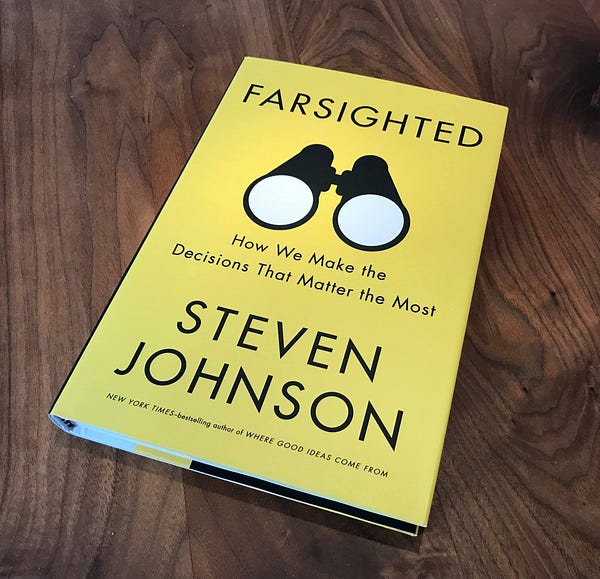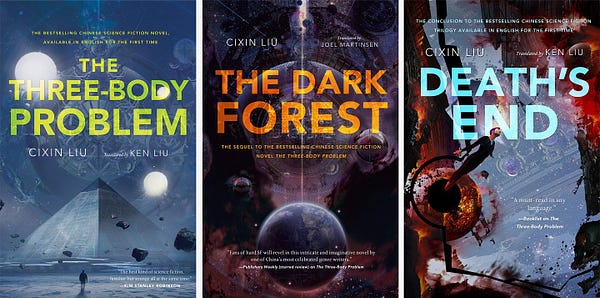It’s an interesting, and possibly civilisation-ending, question. Should we go out of our way to let other alien civilisations know that we’re here, or try to remain very, very quiet? It’s an example in Steven Johnson’s excellent new book Farsighted — an expansive sweep of all the techniques that are available today to help us make better decisions.
The alien question builds on an article he wrote for the New York Times Magazine last year. It was about the projects that are searching for extraterrestrial life and those broadcasting messages in the hope of something hearing us. Over the last few years some scientists have become more excited about the potential for us hearing from other civilisations as we’ve found more and more planets in the ‘Goldilocks zone’ orbiting other stars in such a way that they are similar enough to Earth to support life.
But what if the response of aliens is to see us as a threat and immediately annihilate us? Colonialism would suggest that when people come and say hello, it’s not always good for the indigenous population. Of course, we can’t know exactly what will happen but one of the arguments in Farsighted is that fiction is one of the best ways of understanding and training for decision making.
There’s an amazing novel that does just that. I don’t think I’ve ever had such a mind bending experience through science fiction as The Three Body Problem trilogy by Cixin Liu. It’s about what happens when an alien civilization knows about us. The second book in particular is really disturbing. The Dark Forest in the title is the idea that in a universe of many millions of civilisations, it might not be a good idea for us to show where we are. The third book — Death’s End — takes it all to its logical conclusion.
The Three Body Problem completely stopped me in my tracks. I read all three books last year. It’s an immense achievement — there’s nothing quite like it. It was also the first science fiction book I’d read by a Chinese author but I’ve read a few others since and enjoyed them all. I’ve got no doubt it will become a classic and be read for centuries. If we last that long.

